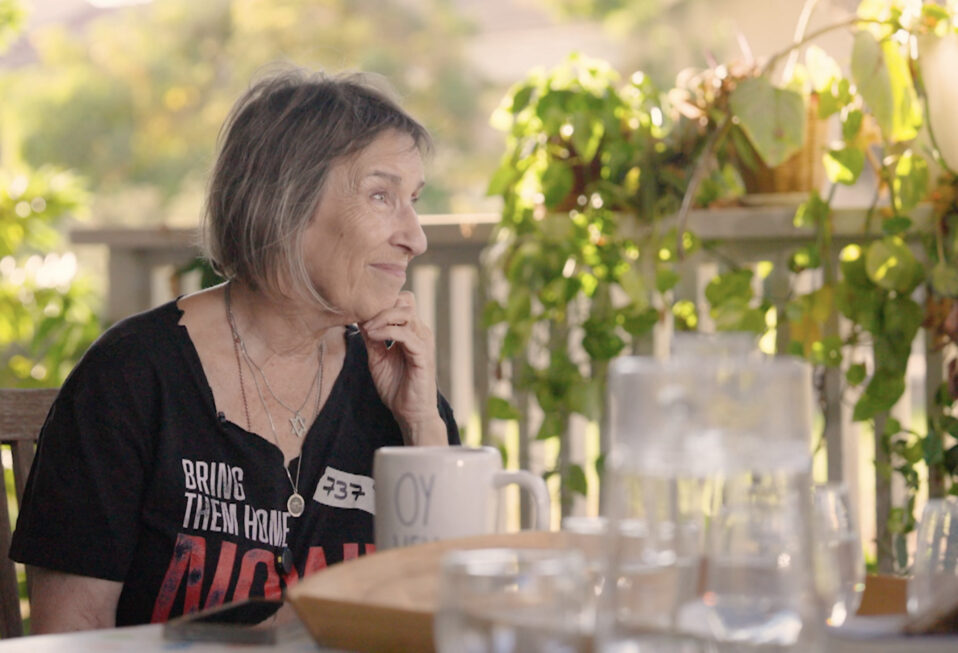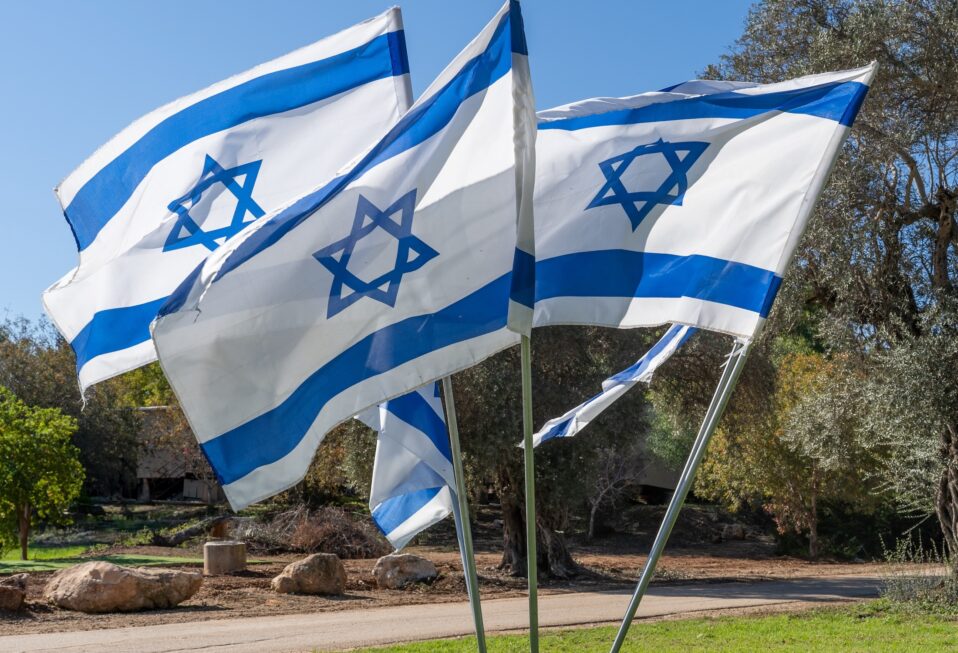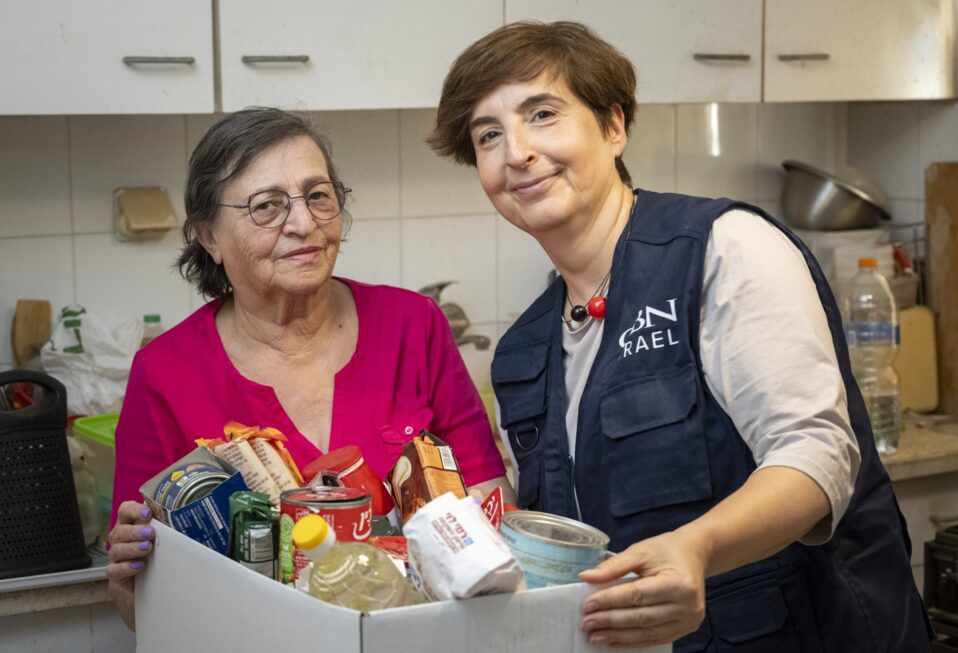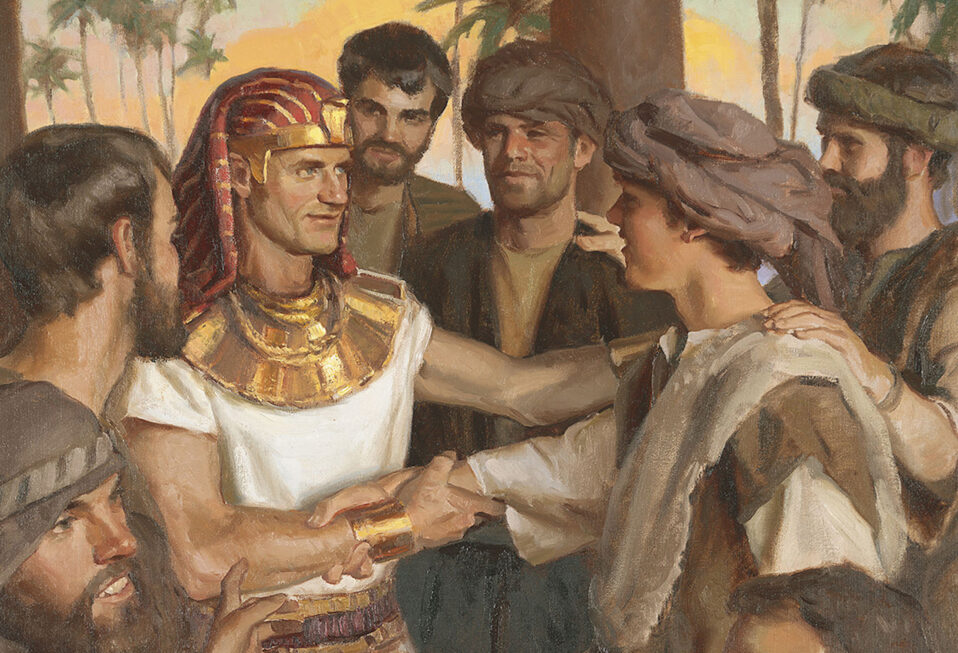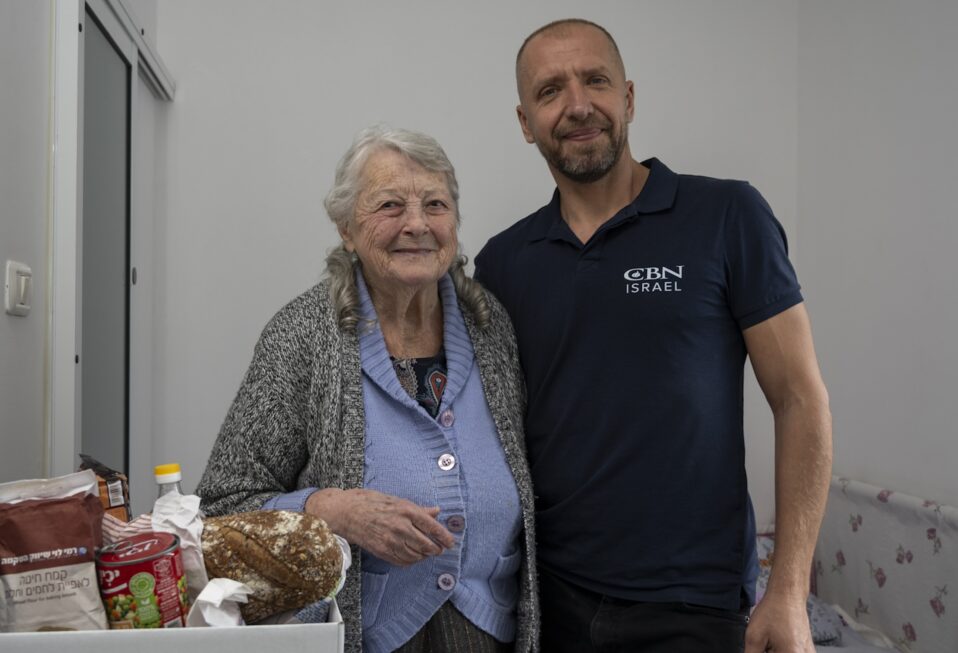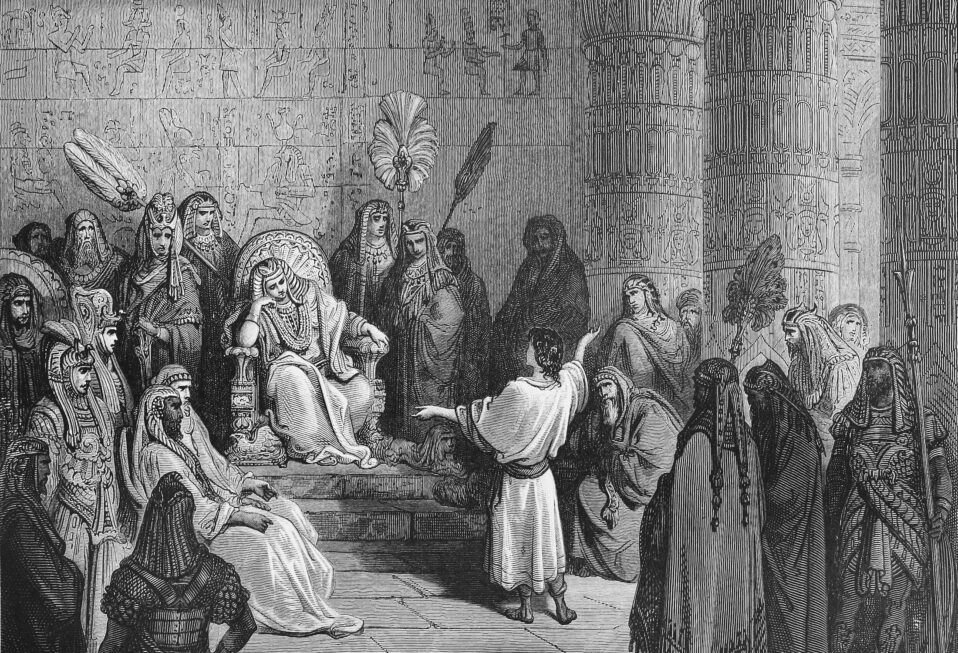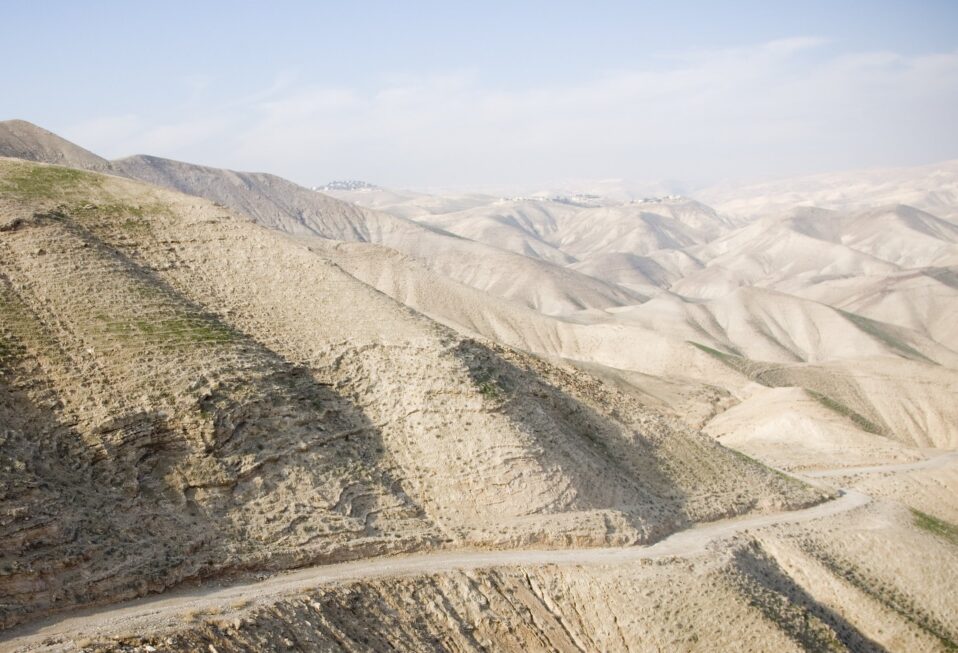By Arlene Bridges Samuels
The world’s population now exceeds eight billion and continues to grow. In the Middle East alone, seventeen Arab nations account for more than 515 million people. By contrast, Israel has just reached a population of about ten million, including a Jewish majority of slightly more than seven million.
Yet this small nation, the world’s only Jewish state, faces intense international outrage over its policies concerning Judea and Samaria. That fury persists even though this region is the very terrain where Abraham walked, where King David ruled, and where Israel’s prophets proclaimed God’s word. Many of the world’s 193 nations are not merely criticizing policy decisions. They are attempting to dictate Israel’s future and, in some cases, to deny its right to exist.
The Bible’s narrative makes clear that the God of Abraham, Isaac, and Jacob established eternal promises connected to both the Jewish people and the land of Israel. Through the Jewish people, God transmitted the Scriptures and His redemptive plan to the world. Israel is the birthplace of the Christian faith. Judea and Samaria form the core of that biblical inheritance. No other nation holds that spiritual birth certificate.
Why, then, has there been such international uproar over recent decisions by Israel’s parliament, the Knesset?
As in any democracy, Israel’s policymaking process includes vigorous debate. In July 2025, 71 of the 120 Knesset members voted in favor of a declaration supporting increased Israeli sovereignty in Judea, Samaria, and the Jordan Valley. The declaration affirmed that this region is the historic, cultural, and spiritual homeland of the Jewish people, where the foundations of Jewish faith and identity were laid. It referenced ancient cities such as Hebron, Shechem, Shiloh, and Beit El as living expressions of continuous Jewish presence, not mere archaeological relics.
That same month, the Knesset passed a preliminary reading of opposition bills seeking to extend Israeli legal sovereignty to Judea and Samaria. Though contentious, the measures advanced for further deliberation in the Foreign Affairs and Defense Committee. The proposed language stated that the law, jurisdiction, administration, and sovereignty of the State of Israel would apply to Judea and Samaria.
Criticism intensified again on February 9, 2026, when Israel’s security cabinet approved measures to strengthen administrative and legal oversight in the region. These measures removed bureaucratic barriers to land purchases, allowing Israelis to buy property in areas long restricted under older legal frameworks. The stated goal was to normalize civilian life for more than 500,000 Jewish residents of the heartland.
To understand Israel’s reasoning, historical context is essential. Following the 1948 War of Independence, Jordan controlled Judea and Samaria from 1948 to 1967. During that period, Jordanian law prohibited land sales to Jews. After neighboring Arab states launched the Six-Day War in 1967, Israel regained control of the territory and reunified Jerusalem. However, many of the Jordanian legal structures remained in place for decades. The recent Knesset actions seek to address those outdated laws and align governance with Israel’s sovereignty as a Jewish state.
International reaction has been swift and severe. Jordan’s Royal Committee for Jerusalem Affairs warned that silence toward Israel would replace international law with what it called the law of the jungle, where the strong devour the weak. Yet historical memory complicates such claims. After 1948, Jordan controlled the region from Jenin to Hebron and Jerusalem’s Old City, expelling Jewish residents and barring Jews from praying at the Western Wall. During its rule, fifty-eight synagogues were destroyed or desecrated, and the ancient Mount of Olives cemetery was vandalized.
In 2026, Arab states have condemned Israel’s administrative decisions as a dangerous escalation and a threat to Palestinian self-determination. Hamas denounced the move as a violation of international law. The Organization of Islamic Cooperation accused Israel of targeting Palestinian existence and legitimate rights.
Yet Palestinian political history reveals deep contradictions. In 2005, Israel unilaterally withdrew from Gaza, evacuating 8,000 Jewish residents. In 2007, Palestinians elected Hamas, which constructed an underground tunnel network estimated between 350 and 450 miles in length. Previous Palestinian leaders rejected multiple offers for statehood. The rise of Hamas entrenched a leadership committed not to coexistence but to confrontation.
Today, some Palestinian representatives promote a proposed 162 article draft constitution, describing their vision as democratic and based on rule of law and human dignity. However, Middle East scholar Bassam Tawil has noted that while Palestinian leaders often deny Jewish ties to the land and envision a Jew free state, more than two million Muslim Arabs live peacefully as citizens within Israel. Although Palestinian authorities pledged to reform the pay-for-slay program, financial rewards to terrorists and their families reportedly continue, with stipends reaching as high as 3,000 dollars per month in an economy where the average salary is about 1,000 dollars.
Tawil has described the proposed constitution as dangerous and delusional, arguing that Palestinian leadership has not reconciled itself to Israel’s right to exist or abandoned its long-standing goal of eliminating the Jewish state.
For many believers, the issue ultimately returns to covenant. In Genesis 15:18, God declared to Abram, later named Abraham, “To your descendants I give this land, from the Wadi of Egypt to the great river, the Euphrates.” That promise forms the biblical foundation for Jewish connection to the land.
Israel’s policies in Judea and Samaria are debated fiercely on the world stage. Yet the deeper question remains whether historical reality and biblical continuity will be acknowledged or denied. In a region crowded with nations and populations, Israel stands alone as the seat of the biblical heartland.
Our CBN Israel Team welcomes you to pray with us this week.
Prayer Points:
- Pray that Christians and Jews will stand united behind Israel as it updates outdated legal frameworks in Judea and Samaria.
- Pray that believers will educate themselves and others about the biblical and historical significance of the heartland.
- Pray for Prime Minister Netanyahu’s strength, safety, and wisdom.
- Pray for peace and for solutions that uphold Israel’s security and future.
Arlene Bridges Samuels is the weekly feature columnist for CBN Israel since 2020. Working on the staff of the American Israel Public Affairs Committee (AIPAC) as their SE Regional Outreach Director for nine years, International Christian Embassy Jerusalem USA engaged her as the Leadership Outreach Director part-time for their project American Christian Leaders for Israel. Arlene is an author at The Blogs-Times of Israel, is published at AllIsrael.com and The Jerusalem Connection, and has traveled to Israel since 1990. By invitation, she attends Israel’s Government Press Office Christian Media Summits as part of Christian media worldwide. In 2024, Arlene and her husband Paul co-authored Mental Health Meltdown: Illuminating the Voices of Bipolar and Other Mental Illnesses. www.TheMentalHealthMeltdown.com.


